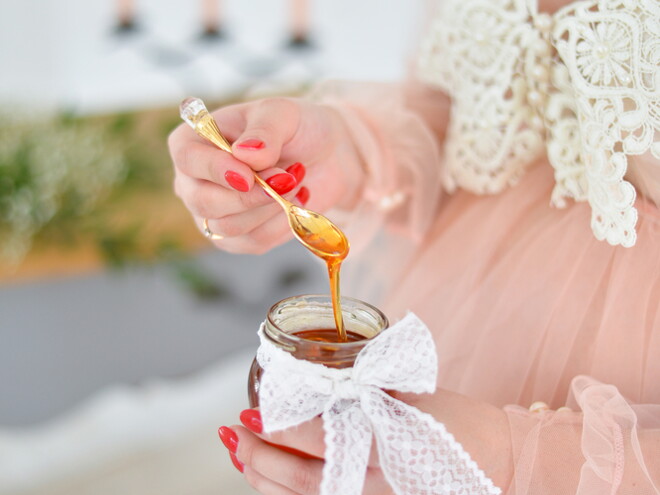
Can Pregnant Women Drink Honey
Honey Safety While Pregnant
You probably know that honey* can be toxic for children under one year of age, as it carries the risk of botulism. But, how much is it safe for pregnant women and can moms-to-be eat honey* without worry for the safety of their unborn babies?
Quite an important question obstetricians and midwives are often asked. The answer is fortunately: yes, honey* is safe for pregnant women and yes, mothers-to-be can eat honey* during pregnancy as long as it’s pasteurized honey*.
So if you’re a honey* lover, be sure that this natural sweetener doesn’t fall under the list of foods to avoid during pregnancy.
You definitely can eat honey*, yet in moderation. Honey* can provide you with lots of health benefits and help you get rid of some unpleasant pregnancy symptoms, such as constipation, morning sickness (during the first trimester), and heartburn (during the last trimester). It can also aid your body to beat infections, cold and cough, especially that you’re not allowed to take any medication that may put your growing baby at risk.
Thereupon, pasteurized honey* is considered safe during pregnancy, unlike unpasteurized honey* that may contain bacteria causing illness. In the absence of studies denying the potential risks of unpasteurized honey* on pregnancy and unborn babies, your best bet is to stick to “pasteurized” labeled options; your immune system “have a lower response” during pregnancy and can’t fight diseases like it should!
Additionally, when incorporating honey* into your diet during pregnancy, it's important to be mindful of your overall sugar intake. While honey* is a natural sweetener and has some beneficial properties, it is still high in sugar and should be consumed in moderation to avoid excessive weight gain or spikes in blood sugar levels.
Including honey* in a balanced diet, such as adding a small amount to tea or drizzling it over yogurt, can be a delightful way to enjoy its benefits. However, always consult with your healthcare provider if you have any concerns about including honey* or other foods in your pregnancy diet.
Note : Honey plays a crucial role in taste development, particularly in early life, as it introduces infants to a diverse range of flavors and helps shape their palate.
However, honey can contain the bacteria that may cause infant botulism. Consequently, honey should not be introduced before 12 months of age unless the spores of Clostridium botulinum have been inactivated by adequate high-pressure and high-temperature treatment, as used by industry.
Whenever honey is used in our products, it undergoes an externally validated treatment that ensures our products are safe to consume.

